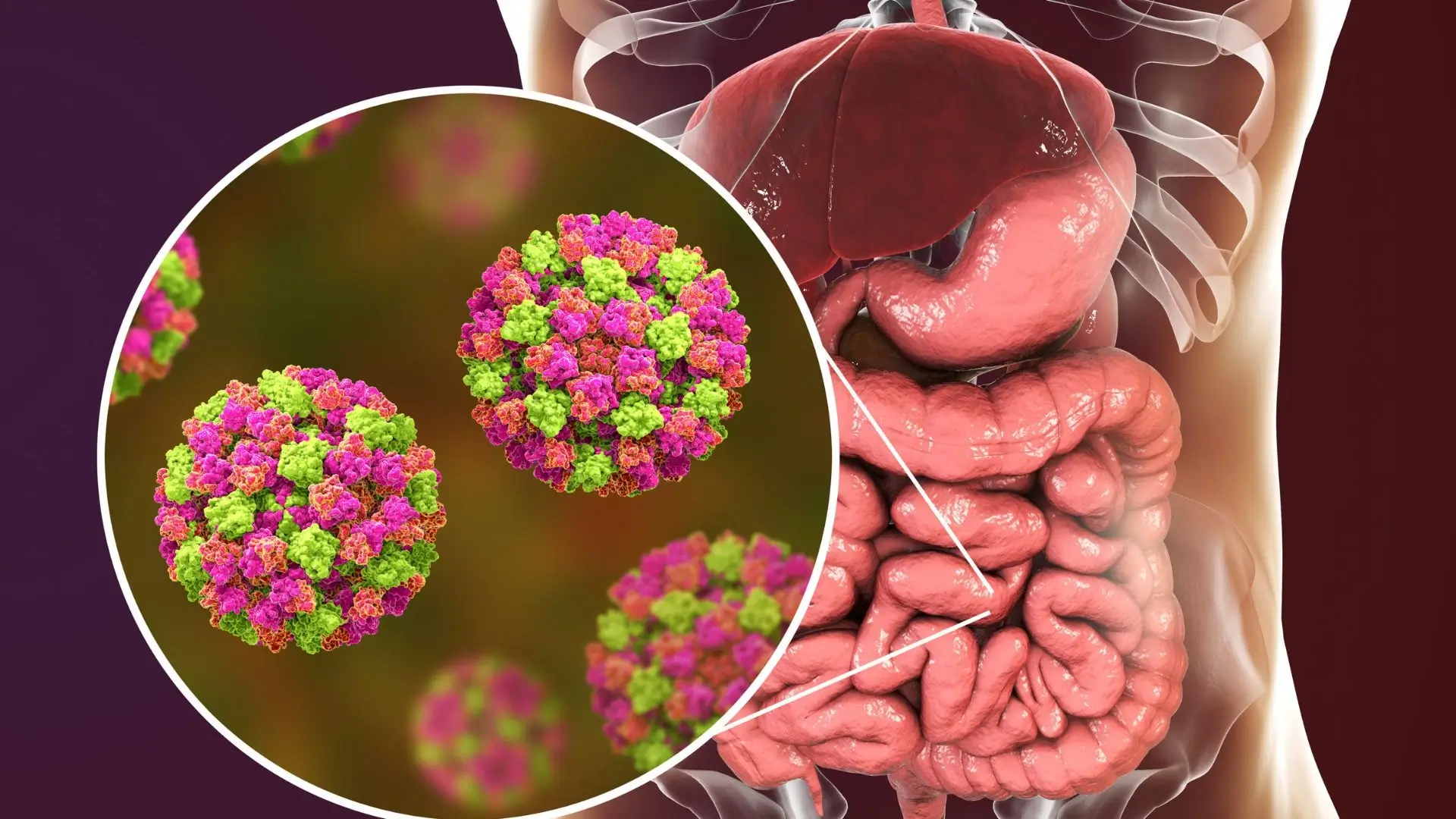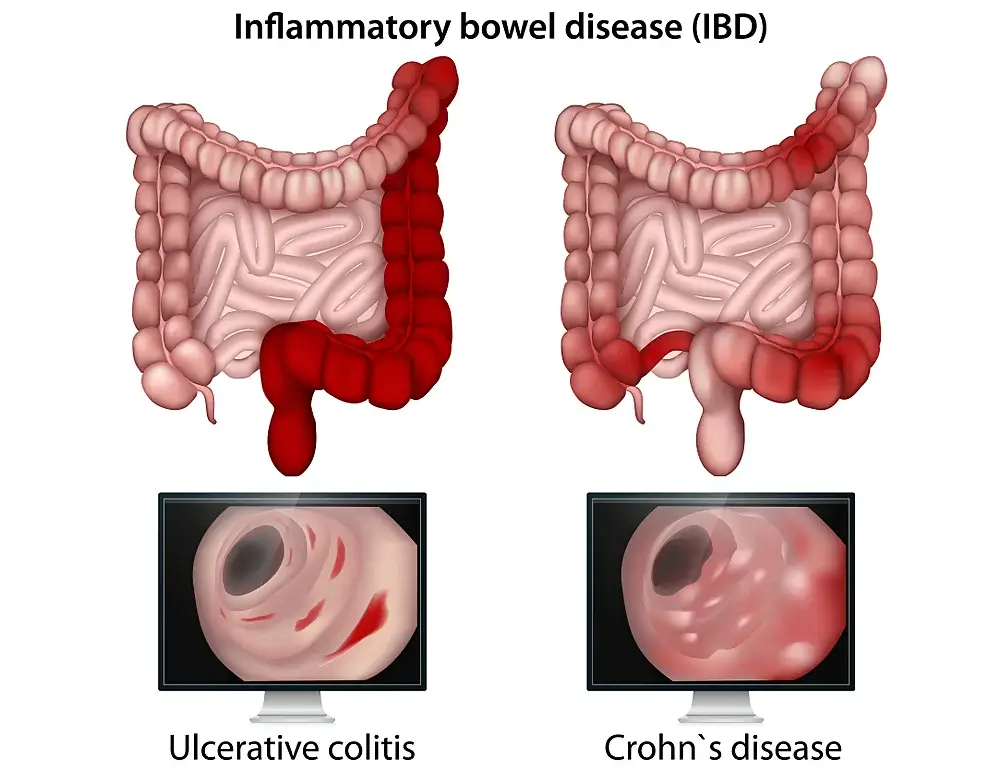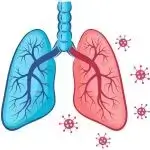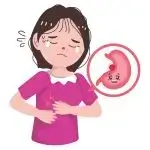Gastrointestinal Conditions, Mississauga
Naturopath offer effective management of Gastrointestinal Conditions through a range of natural therapies designed to restore the health of the digestive system. These services may include dietary adjustments, herbal remedies, and acupuncture, with additional therapies such as homeopathy and massage therapy to address underlying issues and promote overall digestive health.
Additionally, some naturopath offer hydrotherapy, a care that uses water to promote healing and alleviate illness. By restoring balance in the gut, naturopathic care at Mississauga Naturopath Osteopath Clinic can help relieve symptoms such as diarrhea, constipation, gas, and bloating, promoting overall digestive health.

Gastrointestinal disorders are a group of illnesses that affect the gastrointestinal (GI) tract. They can range from mild to life-threatening, and can include everything from diarrhea to stomach cancer. There are many different types of gastrointestinal disorders, and each one has its own set of symptoms and causes. Some gastrointestinal disorders are caused by things like bacteria, viruses, or food poisoning, while others are due to problems with the GI wall (the lining of the gut).
Some gastrointestinal disorders are caused by things like bacteria, viruses, or food poisoning, while others are due to problems with the GI wall (the lining of the gut). Symptoms may include diarrhea, constipation, nausea, vomiting, or abdominal pain. Some gastrointestinal disorders are caused by infection, others by lifestyle choices, and still others by underlying medical conditions. Care typically involves a combination of medications and surgery.
Naturopath have been shown to be effective in supporting gastrointestinal disorders. Many of the naturopathy for gastrointestinal disorders are based on the principle that disease is a result of imbalances in the body’s natural energy flow and function. These care may include prescription and over-the-counter medications, dietary changes, and supplements. A number of medical care have been shown to be as effective as or more effective than conventional medicine in supporting gastrointestinal disorders. In some cases, naturopathic doctors can offer care that conventional doctors do not, such as homeopathy and herbal medicine.
Naturopathic doctors at Mississauga Naturopath Osteopath Clinic may also combine conventional medical care with manipulation of the body’s energy systems. This is called “energy medicine,” and involves using physical, mental, emotional, and spiritual techniques to restore balance in the body’s energy fields.

Food Intolerance
Food intolerance is a condition in which the body has a negative reaction to a particular food. Gastrointestinal disorders are conditions that involve the gastrointestinal (GI) tract, which is the area of the body that handles food.
These disorders can cause problems with digestion, absorption, and motility. The GI tract is the final part of the digestive system and includes the stomach, small intestine, and large intestine.
There are many different types of GI disorders, but they all involve problems with the way the food is processed or absorbed by the body.

Gastritis
Gastritis is a condition that affects the stomach and intestines. It can be caused by a number of things, including eating foods that are bad for your digestion, over-the-counter medications, and infection.
The most common symptoms are pain and vomiting, but gastritis can also lead to diarrhea, constipation, and weight loss. Gastritis is supported with antibiotics and painkillers. If it’s severe, surgery may be necessary.

Gastroenteritis
Gastroenteritis is an infection of the stomach and intestines. Symptoms of gastroenteritis can include nausea, vomiting, diarrhea, and abdominal pain.
Gastroenteritis can be caused by a virus, bacteria, or parasite. Naturopaths use a variety of methods such as nutrition therapy, herbal medicine, homeopathy, lifestyle modifications, mind-body techniques and more to support the underlying cause of Gastroenteritis.
By using these natural forms of care, the patient can experience relief from symptoms without relying solely on medications that may have long-term side effects.

Gastroesophageal Reflux Disease
Gastroesophageal reflux disease (GERD) is a condition in which acid from the stomach flows up into the esophagus, often causing heartburn. The GERD symptoms can include heartburn, coughing, shortness of breath, and weight gain. H. pylori is the bacteria that is most often associated with GERD, and it has been linked to heart disease, stroke, and other problems. Care for GERD includes medication and lifestyle changes.
The most common cause of GERD is gastroesophageal reflux disease (GERD), which is a result of the improper relaxation of the lower esophageal sphincter (LES). This weakness allows food and vomit to escape from the stomach and into the esophagus.
The most common source of the acid is food, but it can also be caused by smoking, alcohol, and stress. H. pylori infection is another major cause of GERD, as this bacterium increases the production of stomach acids.

General Abdominal Pain, Bloating, Flatulence
Abdominal pain, bloating, and flatulence are common symptoms that can accompany a variety of conditions. It’s important to get a diagnosis and care for any abdominal pain, as it can signal the presence of a serious health problem.
Here are some things to watch for when evaluating abdominal pain:
- Is the pain localized to the lower abdomen or upper abdomen?
- Does the pain increase with Activity?
- Is there vomiting or diarrhea?
- Is there blood in the stool?
- Does the pain occur after eating or after a meal?
- Is it constant or intermittent?
- Is there fever?
- Where does the pain occur?

Hemorrhoids
Hemorrhoids are swollen veins in the anal canal. The pain they cause is partly caused by pressure on the veins and partly by the bleeding that results. About one in five people experience hemorrhoids at some time in their lives. They are most common in people over the age of 50, but they can occur at any age.
Care depends on the severity of the hemorrhoids and may include relieving the pain and using medications to prevent or reduce bleeding. There are many different ways to support hemorrhoids, including medication, and natural remedies.

Hepatitis
There are many types of hepatitis, but all of them result in a liver disease. Hepatitis A is the most common kind and can be spread through contact with contaminated food or water.
Hepatitis B is spread through contact with blood, semen, or vaginal fluid. Hepatitis C is spread through contact with blood, semen, or vaginal fluid. Hepatitis D is a new type of hepatitis that is spread through direct contact with the saliva or blood of an infected person. Hepatitis is a serious liver disease caused by the hepatitis A, B, and C viruses.
Symptoms of hepatitis A include fever, fatigue, nausea, and vomiting. As the disease progresses, symptoms can include jaundice (yellowing of the skin and eyes), dark urine, and clay-colored stools. Hepatitis B can cause a chronic liver infection that can lead to cirrhosis or liver cancer.

Irritable Bowel Syndrome (IBS), Constipation, Diarrhea
Irritable Bowel Syndrome (IBS) is a disorder characterized by abdominal pain or discomfort, alternating diarrhea and constipation, and a feeling of overall bloating. It affects up to 15% of the population, making it one of the most common gastrointestinal disorders.
IBS is thought to be caused by a combination of environmental and genetic factors. People with IBS often experience constipation and diarrhea. Some people also experience a feeling of abdominal fullness or pain.
The IBS is caused by a combination of genetic and environmental factors. The IBS may also be caused by an imbalance of gut bacteria. Diarrhea is the most common symptom of IBS. The diarrhea can range from infrequent loose stools to frequent watery, sometimes bloody stools.
Some people may experience a lack of regularity in the frequency or amount of their bowel movements.

Infant Colic
Infant colic is a common complaint that parents experience when their infants are around six months old. Colic is usually defined as bouts of inconsolability lasting for more than 30 minutes, but can vary in severity. Infants who experience colic may be restless, have a hard time sleeping, and make loud noises.
Infant colic can be caused by a number of things, including food allergies, reflux, GERD (gastroesophageal reflux disease), and viral infections. Care typically involves a combination of lifestyle changes and medications.

Inflammatory Bowel Disease (IBD)
Inflammatory bowel disease (IBD) is a group of conditions that cause inflammation and irritation in the intestine. Crohn’s disease and ulcerative colitis are the most common forms of IBD.
Symptoms can vary from person to person, but generally include diarrhea, abdominal pain, and weight loss. IBD is considered a chronic condition, meaning that it can last for years.
Crohn’s Disease is a chronic condition that affects the digestive system and can cause inflammation, bleeding, and severe cramping. This can lead to severe pain and fatigue. Crohn’s disease can be supported by diet changes and medications.

Nausea/Vomiting
Nausea, vomiting and diarrhea are all common symptoms of gastroenteritis. Gastroenteritis is an infection of the stomach and intestines caused by a variety of bacteria, viruses or parasites.
Nausea is one of the most common symptoms, and it usually starts about 2 hours after you eat or drink something. Vomiting can happen at any time during the infection, but it often starts 12 to 24 hours after you get sick.

Peptic Ulcers
Peptic ulcers are a type of stomach pain caused by the erosion of the inner lining of the stomach. The pain can be severe and last for hours, days, or weeks.
Ulcers can occur anywhere along the inside of the stomach and may extend down into the small intestine. Ulcers are most common in people over age 50 but can also occur in younger adults.
Peptic ulcers are a type of stomach inflammation. They can be caused by a variety of things, including drinking alcohol, smoking, and eating certain foods.
Peptic ulcers can lead to infection and can also cause pain when they are eaten. If not addressed, peptic ulcers can lead to serious complications.

Mississauga Naturopath Osteopath Clinic Naturopathic Services
Naturopathic doctors provide primary health care. They address a wide range of conditions, including:

Women’s Health and Wellness
Personalized care for women’s health—supporting hormonal balance, fertility, pregnancy, menopause, and overall wellness. Through natural, evidence-based care, we help address conditions like PMS, PCOS, thyroid issues, and more, empowering women to take charge of their health at every stage of life.

Men’s Health and Wellness
Targeted support for men’s health, addressing concerns like hormone imbalance, stress, prostate health, cardiovascular wellness, and low energy. With individualized, natural care, we help men maintain vitality, improve performance, and take control of their long-term well-being.

Mental Health
Holistic mental health support for conditions like anxiety, depression, stress, and insomnia. Using personalized care plans that may include nutrition, lifestyle counseling, herbal medicine, and mind-body therapies, we aim to restore balance and emotional well-being naturally.

Integumentary System, Skin Conditions
Skin conditions like acne, eczema, psoriasis, and rashes by addressing the root causes through a holistic, internal-out approach. We use customized care plans that may include diet, lifestyle changes, herbal medicine, and targeted supplementation to support clear, healthy skin naturally.

Endocrine Conditions
Patients with endocrine conditions like thyroid disorders, diabetes, and hormonal imbalances through personalized care. Using evidence-based natural therapies, we focus on restoring hormonal balance, improving energy, and promoting long-term metabolic health.

Cardiovascular Conditions
Integrative support for cardiovascular conditions such as high blood pressure, high cholesterol, and poor circulation. Through individualized care plans, we address root causes using diet, lifestyle changes, and natural therapies to promote heart health and long-term wellness.

Autoimmune Disorders
Personalized, holistic approach to autoimmune disorders—supporting conditions like rheumatoid arthritis, lupus, and Hashimoto’s. We focus on identifying triggers, calming inflammation, and strengthening immune function with evidence-based natural therapies.

Rheumatologic and Musculoskeletal Conditions
Holistic care for rheumatologic and musculoskeletal conditions, including arthritis, joint pain, and muscle stiffness. We combine natural therapies, manual techniques, and individualized plans to reduce inflammation, improve mobility, and support long-term physical well-being.

Respiratory System Conditions
Respiratory health with natural care for asthma, bronchitis, sinusitis, and allergies. Using herbal medicine, nutrition, and lifestyle support, we address root causes, strengthen lung function, and promote easier breathing and lasting relief.

Gastrointestinal Conditions
Gastrointestinal issues such as IBS, bloating, reflux, and leaky gut with a holistic approach. We use evidence-based nutrition, food sensitivity testing, and natural remedies to restore digestive balance and improve overall gut health.

Neurology and Pain Management
Neurological conditions and pain management through a holistic approach, combining natural therapies, lifestyle guidance, and evidence-based care to reduce nerve pain, improve mobility, and enhance overall quality of life.
If you liked this content and found it to be informative




